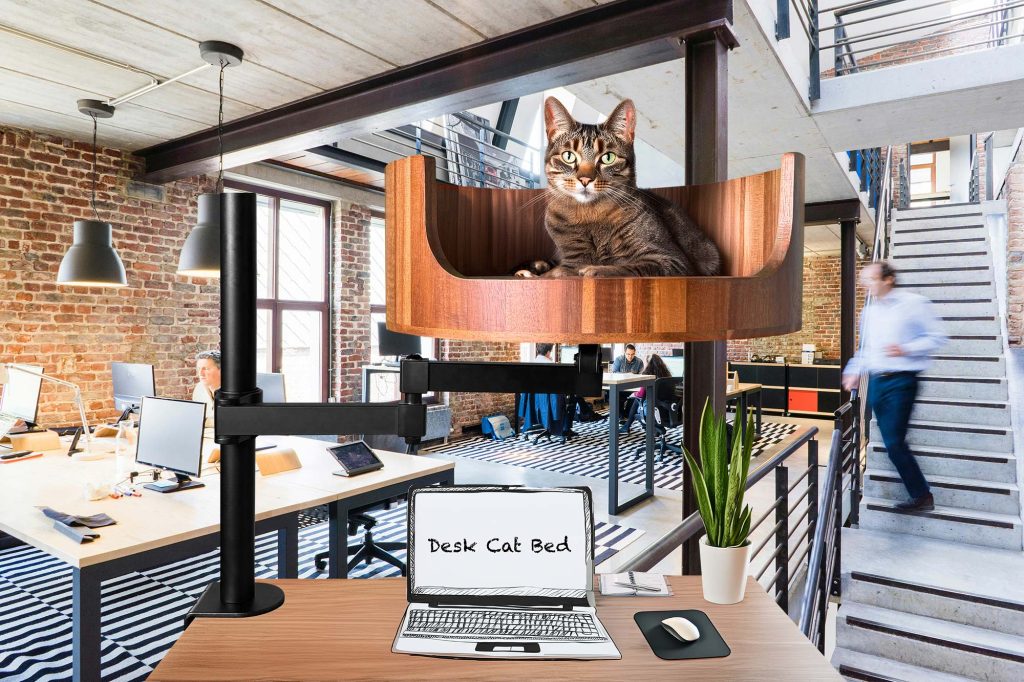If you have ever found yourself snuggled up with your feline friend, only to suddenly feel a sharp nip on your nose, you are not alone. Cats have a reputation for being mysterious creatures, and their behavior can sometimes leave us scratching our heads. In this article, we will explore the reasons why cats may bite your nose and what it can tell us about their communication and instincts.
Understanding feline behavior is essential for building strong bonds with our furry companions. From their playful antics to their occasional moments of aggression, cats often communicate through body language and actions that can be confusing to us humans. By delving into the reasons why cats may choose to nibble on your nose, we can gain insight into their needs, desires, and emotions. So, if you have ever wondered why your cat is showing this behavior, read on to uncover the secrets behind your feline friend’s nose-biting tendencies.
1. Cats may bite your nose out of instinctual play behavior or to establish dominance in the household.
2. Understanding a cat’s body language and behavior cues can help prevent nose biting incidents.
3. Providing appropriate outlets for a cat’s energy and prey drive, such as interactive toys and play sessions, can reduce the likelihood of nose biting.
4. Consistent training and positive reinforcement can help curb aggressive behaviors in cats.
5. Seeking guidance from a veterinarian or animal behaviorist can offer further insights and solutions for managing feline behavior issues like nose biting.
Causes of Nose Biting Behavior
One of the main causes of cats biting noses is overstimulation. When cats are overwhelmed by attention or are in an excited state, they might react by playfully nipping at their owner’s nose. Another reason could be a sign of territorial behavior, as cats might see nose biting as a way to assert dominance or protect their space. Additionally, some cats may bite noses as a form of communication or as a way to signal discomfort or fear.
Early Socialization and Training
Proper socialization and training from an early age can help prevent nose biting behavior in cats. By exposing kittens to a variety of stimuli, environments, and experiences, they can learn appropriate ways to interact with humans and other animals. Training using positive reinforcement techniques can also help reinforce good behavior and discourage biting tendencies.
Understanding your Cat’s Signals
It’s essential for cat owners to pay attention to their cat’s body language and signals to understand why they might be biting noses. Look for signs of aggression, fear, or discomfort, such as dilated pupils, flattened ears, or a flicking tail. By understanding these cues, you can better assess the situation and take appropriate steps to address any behavioral issues your cat may be exhibiting.
Seeking Professional Help
If your cat’s nose biting behavior becomes a persistent issue or escalates to aggression, it may be beneficial to seek professional help from a veterinarian or animal behavior specialist. They can assess the root cause of the behavior and provide guidance on how to address it effectively. In some cases, medical conditions or underlying stressors may be contributing to the behavior, requiring a more specialized approach to treatment.
Desk Cat Nest FAQ
Why do cats bite my nose?
There are a few reasons why your cat may be biting your nose. Cats have a natural instinct to play and explore their surroundings with their mouths, much like how human babies explore with their hands. Biting may also be a way for your cat to seek attention or communicate their needs, such as wanting to play or feeling anxious. It’s important to observe your cat’s body language and behavior to better understand why they are biting your nose.
Will the Desk Cat Nest help prevent my cat from biting my nose?
While the Desk Cat Nest can provide a cozy space for your cat to rest and play, it may not directly prevent them from biting your nose. However, providing your cat with a designated space like the Desk Cat Nest can help redirect their energy and provide them with an outlet for their natural behaviors, potentially reducing the likelihood of them biting your nose.
How can I train my cat to stop biting my nose?
Training your cat to stop biting your nose requires patience and consistency. Some tips for training include providing your cat with alternative toys and activities to redirect their biting behavior, rewarding good behavior with treats or praise, and avoiding rough play that may encourage biting. Consulting with a veterinarian or animal behaviorist can also help address any underlying reasons for your cat’s biting behavior.
In conclusion, a Desk Cat Bed can provide a safe and comfortable space for your cat to rest and relax, reducing the likelihood of them feeling the need to bite your nose as a form of play or attention-seeking behavior. With its cozy design and raised platform, the Desk Cat Bed offers a secure spot for your feline friend to rest while also allowing them to be close to you while you work or study. By providing them with their own designated space, you can help prevent unwanted biting incidents and foster a closer bond between you and your cat. Choose a Desk Cat Bed for a peaceful and harmonious coexistence with your furry companion.


